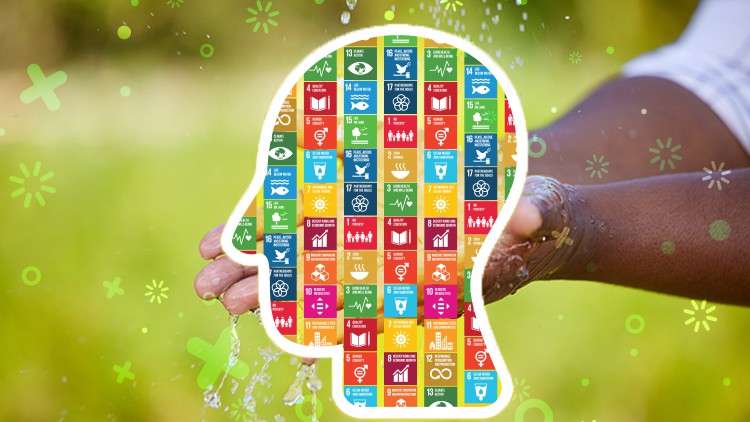
#Psychology #SDGs
What you will learn
Understand psych role in achieving SDGs 6, 7, 8, 9, 10 for sustainable water, energy, and economic growth.
Apply psych principles in addressing real-world challenges related to water, energy, and employment.
Develop critical thinking skills through case studies, enabling evaluation of complex issues in sustainable development.
Cultivate a sense of social responsibility, inspiring proactive contribution to sustainable development goals in professional and personal capacities.
Description
The course “Psychology for SDGs(SDG6/7/8/9/10)” is a comprehensive exploration of the interconnections between psychology and Sustainable Development Goals (SDGs) 6, 7, 8, 9, and 10. In this course, students will delve into the pivotal role that psychology plays in addressing global challenges related to clean water and sanitation (SDG 6), sustainable energy (SDG 7), decent work and economic growth (SDG 8), industry innovation and infrastructure (SDG 9), and reduced inequalities (SDG 10).
Through dynamic lectures, case studies, and collaborative discussions, students will gain insights into how psychological principles can be applied across diverse domains. They will explore the psychological aspects of promoting clean water access, advancing sustainable energy practices, enhancing psychological well-being in the workplace, fostering innovation, and mitigating inequalities.
The course emphasizes the practical application of psychological knowledge to tackle real-world issues, equipping students with the skills to critically analyze and propose solutions for complex challenges aligned with SDGs 6-10. Furthermore, students will be inspired to proactively contribute to the realization of these SDGs by leveraging psychological insights for positive societal transformation.
Upon completing this course, students can anticipate possessing a holistic understanding of how psychology intersects with and influences the achievement of SDGs 6, 7, 8, 9, and 10. Armed with this knowledge, students will be well-prepared to actively engage in initiatives that contribute to global sustainability, economic development, and social equity.
Content